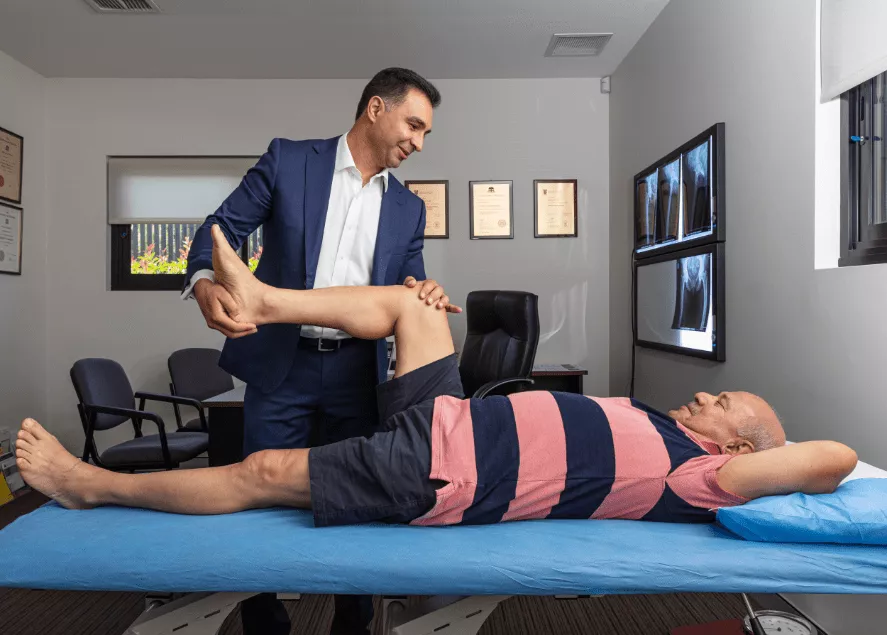Hip Arthritis Treatments
How is hip arthritis diagnosed?
The first step is to have a clinical assessment by your doctor. This includes a clinical history and examination of the hip joint. The diagnosis is usually confirmed with a series of x-rays of the pelvis and the hip joint.
Other more complicated tests like MRI scans and not usually required in the majority of cases, but they may be needed in other less common conditions. Blood tests may be required in the assessment of causes of arthritis other than osteoarthritis.
Inflammatory markers, serological markers and certain biochemical tests may be required in inflammatory arthritis, septic arthritis and crystal arthropathy.
Other more complicated tests like MRI scans and not usually required in the majority of cases, but they may be needed in other less common conditions. Blood tests may be required in the assessment of causes of arthritis other than osteoarthritis.
Inflammatory markers, serological markers and certain biochemical tests may be required in inflammatory arthritis, septic arthritis and crystal arthropathy.

Book an Appointment Today!
The first line of management is by simple non-surgical measures such as:
- Weight loss.
- Activity modification to avoid any activity that exacerbates the pain.
- Using walking aids such as a walking stick.
- Taking simple analgesics such as paracetamol regularly.
- Taking anti-inflammatories (Non-Steroidal Anti-inflammatories [NSAIDs]) occasionally for breakthrough pain. Sometimes, stronger analgesia may be required, but this usually contains opioid medication and should only be used after consulting your doctor and for the shortest possible time.
- Physiotherapy tailored for the management of hip arthritis may be beneficial. Other simple modifications such as wearing a shoe orthotic may also help in some cases.
- Treating other causes of referred pain such as pathology of the lumbar spine. In patients with systemic conditions such as rheumatoid arthritis that can affect the entire body, using disease modifying medication may help settle the symptoms dramatically.
- Injections of medication like corticosteroids and hyaluronic acid are only effective in a small number of selected patients and the routine use of these injections should be avoided.
- In cases of persistent symptoms despite appropriate trial of non-surgical management, total hip replacement (THR) surgery is good surgical option for the treatment of pain and restoration of function.
